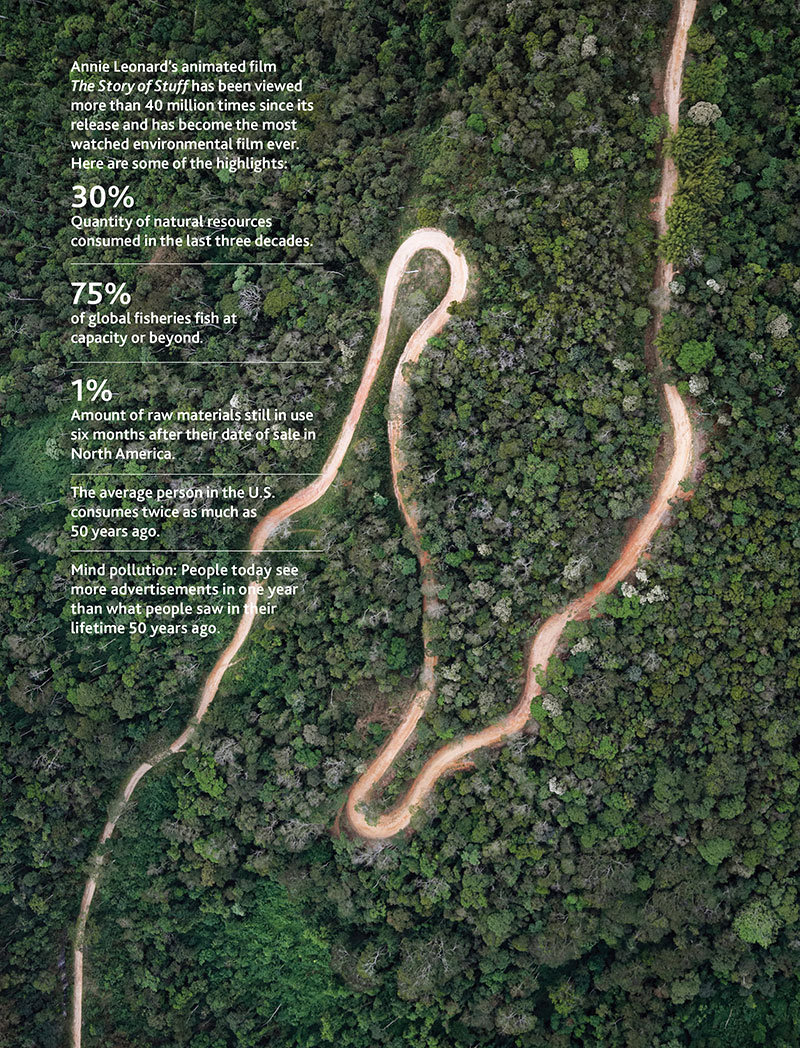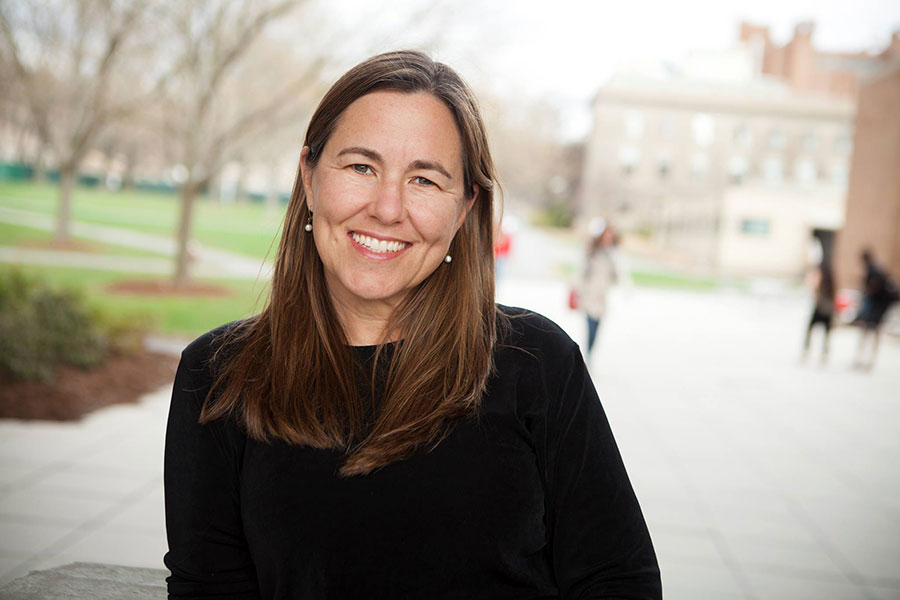I always like to remind people that the economy doesn’t exist in a vacuum; it exists on the planet and is a subset of the environment. The economy cannot exist without an environment, without the planet, without resources and without energy. To think of them as either unrelated or, even worse, as a subset of the economy is just heading for disaster. In one way I feel that there’s a benefit to how bad things are getting with the environment right now. When I started working on environmental issues decades ago, I felt that I was appealing more to people’s sense of morality, empathy or values.
Today, even if you don’t give a hoot about trees, there is biological and physical realities around us that show we are bumping up against limits. Continuing business as usual is just physically impossible. People often ask me if change is possible and I like to answer that change is not just possible, it’s inevitable. The question is not if we’re going to change, but how we’re going to change. If you look at scientific data such as the Millennium Ecosystem Assessment – which is a compilation of more than 4,000 studies about the state of the environment – you’ll see the many resources we consume, compared with the planet’s ability to regenerate. The planet is not keeping up.
Many ecosystems are so degraded now that they’re on the verge of collapse.
Many ecosystems are so degraded now that they’re on the verge of collapse. If we want our businesses to continue, we must take into consideration that we’re stressing the planet – not the planet that we see pretty pictures of, but the actual ecosystems that make life possible. We are stressing them to such extreme levels that our entire economy is threatened. When I was a university student in New York City, I became fascinated by the piles of garbage on the streets. I signed up for a field trip to the landfill where all the garbage went and it was an awesome experience.
I remember standing at the edge of this landfill and as far as I could see there was just stuff we had wasted: food, books, packaging and paper. I was stunned by the rate at which our economy was turning resources into waste. We have built an economy based on the rapid transition of resources into waste. The other thing that shocked me was how hidden this was. How had I reached the age of 20 before seeing this? I decided then and there that I not only was going to figure out why we had built an economy that churns out waste at this speed but also was going to tell people about it.
We have built an economy based on the rapid transition of resources into waste.
I made an animated film, The Story of Stuff, that has become the most watched environmental film ever. I spent a decade traveling around the world looking at the factories that made our stuff and the dumps where it gets dumped. I got so frustrated that people weren’t thinking about where our stuff comes from and where it goes. I remember when I grew up we had the same telephone in our house for 40 years. You would buy a toaster and it would be in your house for decades. Now you’re lucky to get a year out of these things. Product designers I’ve met have actually admitted the planned obsolescence they’ve built into consumer goods. They design them to break – to promote more purchasing.
Business has always been good at adapting. It has stopped using one raw material for another as new inventions and technologies come about.
Business has always been good at adapting. It has stopped using one raw material for another as new inventions and technologies come about. Business is the leader in innovation and being creative. The question is, will business leaders milk out the last bit of profit they can before things collapse, or will they become leaders in the new economy? Greenpeace will use whatever tactics work to make a positive difference, barring violence. We have no permanent friends and no permanent enemies. Our door is always open for collaboration. I met an executive from a huge consumer products company recently and he told me how much he’d enjoyed collaborating with us. But he also added, “I know, if we do something wrong, you’ll be chaining yourselves to our gates!” That’s the nature of our role as guardians of our planet: Sometimes we dance with them, sometimes we dance on them.
Annie Leonard is the Executive Director of Greenpeace U.S.A. 




































